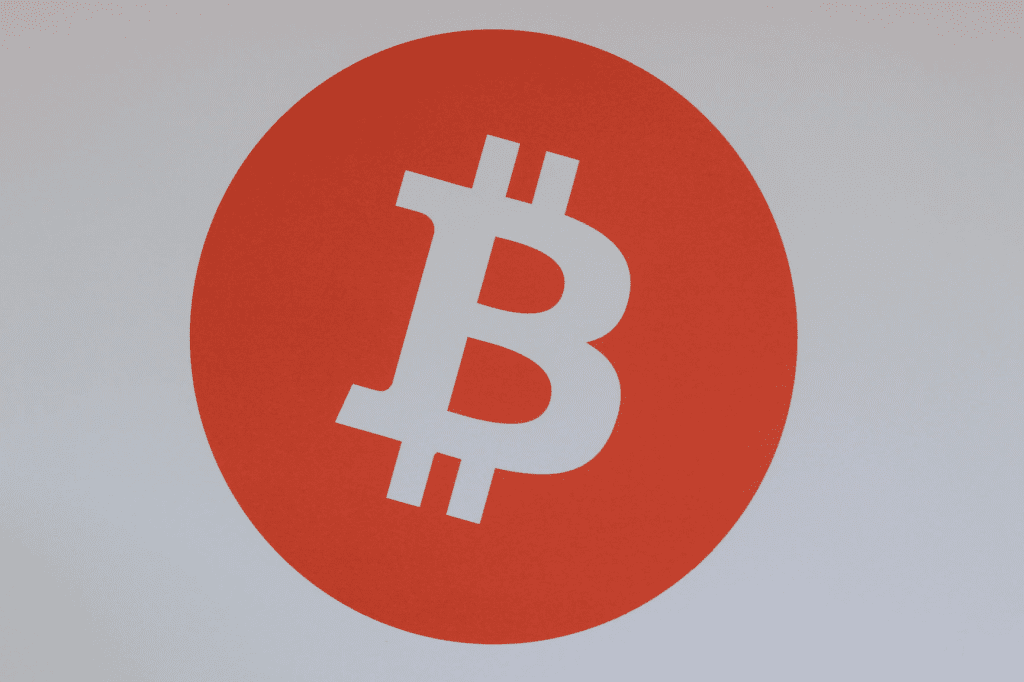Cryptocurrency is a form of digital currency without a central issuing or regulating authority, and instead, uses a decentralized system to record transactions and manage the issuance of new units, and that relies on cryptography to prevent counterfeiting and fraudulent transactions. Not an entirely novel asset (the first cryptocurrency, eCash, created back in 1990), increased adoption of currencies like Bitcoin and Ether, for instance, have brought crypto into the mainstream and made the interplay between these digital assets and trademarks an increasingly important issue.
No longer a niche field, the global cryptocurrency market reached $1.49 billion in value in 2020 and is projected to reach $4.94 billion by 2030, according to data from the Cryptocurrency Market Outlook. With an anticipated compound annual growth rate of 12.8 percent between 2021 to 2030, continuous growth in the crypto market growth is being helped along by increased use of distributed ledger technology and rising digital investments in venture capital. At the same time, blockchain technology offers decentralized, fast, transparent, and reliable ways to conduct financial transactions, making it easier for companies to deliver high-quality services to consumers across the globe.
With widespread embrace of crypto across the globe (the key countries when it comes to their share of cryptocurrency owners are the USA (46 million), India (27 million), Pakistan (26 million), Nigeria (22 million), and Vietnam (20 million), according to statistics compiled by TripleA) has brought with it a rise in companies looking to relevant trademark offices in order to amass registrations for their branding in relation to the digital world – albeit not without challenges in some cases.
Existing classes of goods/services explicitly extend to cryptocurrencies and related services. For instance, crypto is covered within Class 9 (cryptocurrency hardware wallets, hardware for cryptocurrency mining, etc.), Class 36 (financial exchange, such as cryptocurrency payment processing, cryptocurrency trading service, etc.), and Class 42 (online cryptocurrency wallet, etc.). And no shortage of companies are listing these classes in connection with crypto-related applications that they lodged with the U.S. Patent and Trademark Office (“USPTO”). The most recent data on this front, which comes by way of intellectual property lawyer Mike Kondoudis, revealed that individuals and businesses filed more than 3,600 applications for trademarks for cryptocurrencies and crypto-related services with the USPTO as of August 31, up from 3,516 applications in all of 2021.
(It is worth noting that while the U.S. and European Union trademark systems in the U.S. and the European Union are “somewhat malleable to adaptation” for novel tech, trademark-filing parties some other countries, including China, are struggling to amass registrations in light of a lack of concrete provisions for cryptocurrencies (and other categories related to virtual goods/services).
The rapid growth in the popularity of cryptocurrencies and associated applications for crypto-focused trademarks is not without issue, thereby, giving rise to emerging trademark issues concerning the crypto market, many of which center on the following questions …
Is cryptocurrency a type of product or service?
One of the key issues stems from the fact that trademark protection, in its traditional form, exclusively covers products and services, while cryptocurrency is better understood as a medium of exchange. Nonetheless, while cryptocurrencies, themselves, may not be registered as products or services, the name of the coin can be trademarked as either: Class 36 financial services for example: “Financial services, namely, providing a virtual currency for use by members of an online community via a global computer network;” or Class 42 as a software as a service (“SAAS”), for example: “SAAS services featuring software for clearing, allocation, compliance, recordation and settlement of trading related to bitcoins.”
Additionally, cryptocurrency-related consulting services can be classified in Class 36 as “financial consulting services,” while “educational articles, videos, blogs, or lectures on the topic of cryptocurrency” fall within Class 41 as “educational and/or entertainment services.”
Can the name of a crypto be a source identifier, even if the source is unknown?
As indicators of source, trademarks identify a single source of goods/services, which conflicts with the key logic behind cryptocurrencies. Because cryptocurrencies are generated through blockchain technology, they are fundamentally marked by the absence of any central control or ownership. Bitcoin, for example, is a decentralized cryptocurrency – hence, the controversy surrounding its trademark registration. However, where a currency is centralized, the chances of it being considered a trademark may increase since it is originated and distributed by a single known source.
Does it include creative elements to establish a certain degree of distinctiveness?
As with other forms of trademarks, the most important criterion is to ensure that a cryptocurrency-related trademark is distinctive. In other words, the trademark should not mirror an already-registered trademark in a similar field, and should be not merely descriptive. One of the most commonly-cited examples of this is, of course, Bitcoin. In 2016, BitFlyer, Inc. applied to register the word “BITCOIN” for use in connection with “computer programs employed in the field of electronic commerce transactions; computer programs; electronic machines and apparatus; telecommunication machines and apparatus.” In an Office action, an examining attorney for the USPTO refused to register the mark on the basis that it was descriptive of the goods/services at issue “in that they are used in relation to electronic commerce transactions that use bitcoin.”
At the same time, the USPTO attorney also took issue with BitFlyer’s since-abandoned application, claiming that “in addition to being merely descriptive, the applied-for mark appears to be generic in connection with the identified services and, therefore, incapable of functioning as a source-identifier for [BitFlyer’s] services.” However, since this (and the fate of other crypto trademarks) is up for subjective analysis, some countries have registered “Bitcoin” as a legitimate trademark, like the United Kingdom Patent Office and the Spanish Patent and Trademark Office.
Igor Demcak is the CEO and Head of Legal at Trama, a trademark and brand protection firm.











